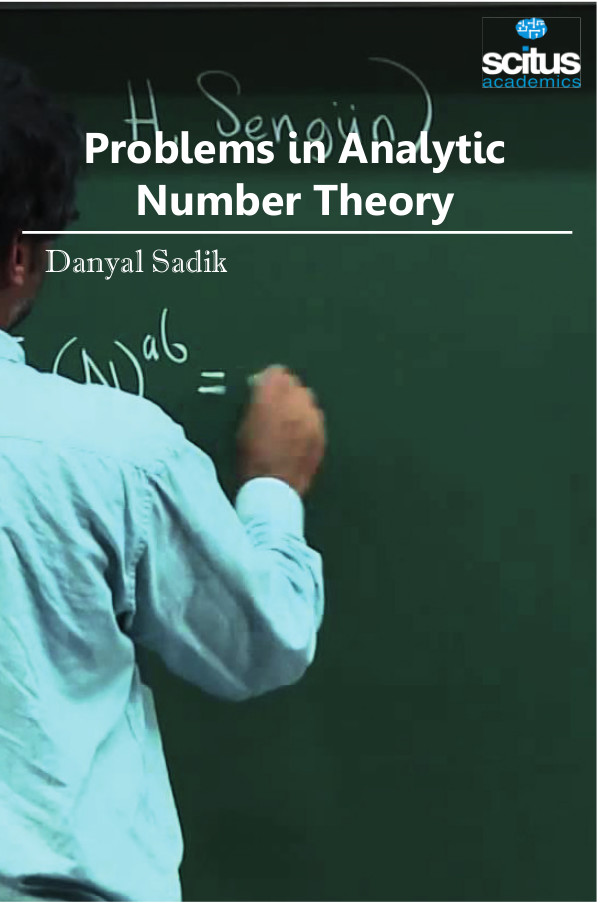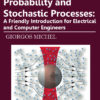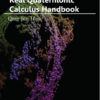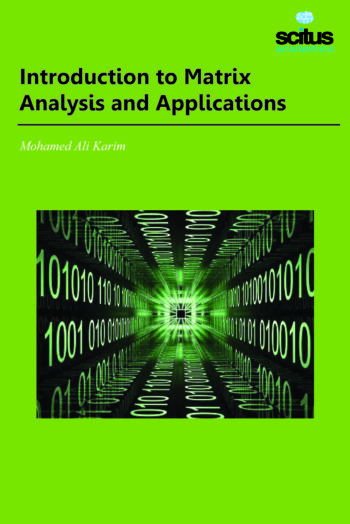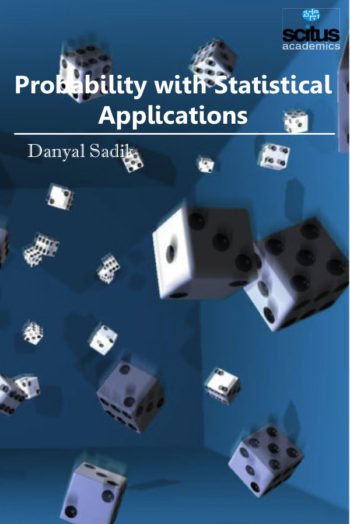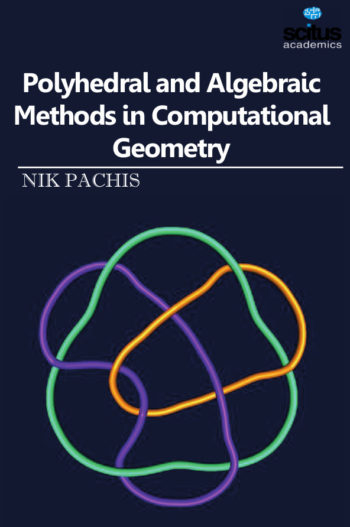One might have thought that number theory was simply the study of numbers, but that is too broad a definition, since numbers are almost ubiquitous in mathematics. Number theory is a vast and fascinating field of mathematics, sometimes called “higher arithmetic,” consisting of the study of the properties of whole numbers. Primes and prime factorization are especially important in number theory, as are a number of functions such as the divisor function, Riemann zeta function, and totient function. Analytic number theory is a branch of number theory that uses methods from mathematical analysis to solve problems about the integers. Analytic number theory, and its applications and interactions, are currently experiencing intensive progress, in sometimes unexpected directions. In recent years, many important classical questions have seen spectacular advances based on new techniques; conversely, methods developed in analytic number theory have led to the solution of striking problems in other fields. Recent advances in analytic number theory have had repercussions in various mathematical subjects, such as harmonic analysis, ergodic theory and dynamics, additive and multiplicative combinatorics and theoretical computer science.
The biggest technical change after 1950 has been the development of sieve methods, particularly in multiplicative problems. These are combinatorial in nature, and quite varied. The extremal branch of combinatorial theory has in return been greatly influenced by the value placed in analytic number theory on quantitative upper and lower bounds. Another recent development is probabilistic number theory, which uses methods from probability theory to estimate the distribution of number theoretic functions, such as how many prime divisors a number has.
Problems in Analytic Number Theory present a problem-solving approach to the difficult subject of analytic number theory. This book is focused at researchers, teachers, and graduate students interested in number theory and its links with other branches of science.

